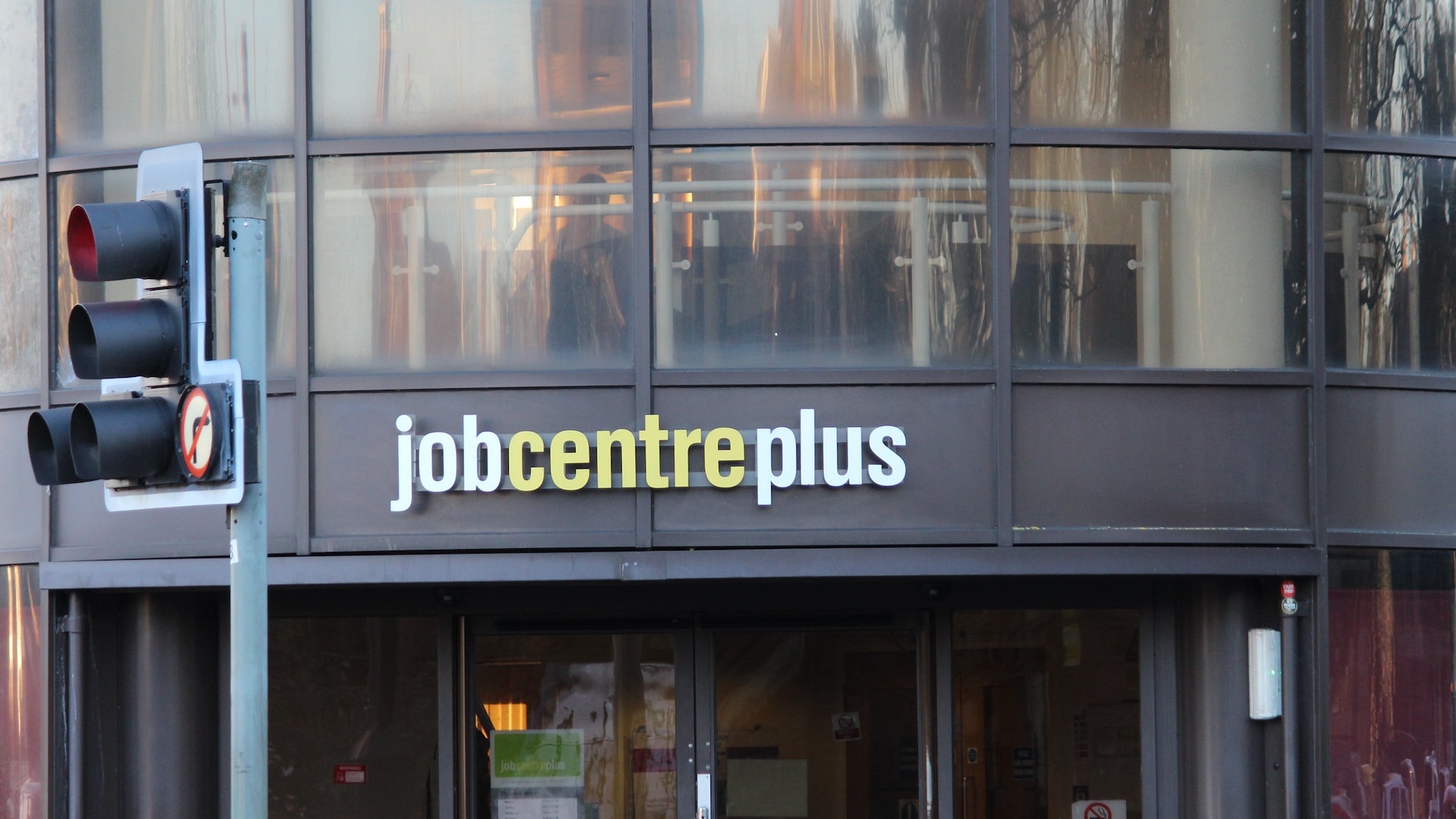James Taylor, strategic director at disability equality charity Scope, said: “Change on disability equality needs to start now. For too long, the voices of disabled people have been missing from the national debate. Now is the time for the Government to listen to them and seize the opportunity to build trust with the UK’s 16 million disabled people.”
As charities like Scope have long pointed out, disabled people are more expensive to live with, on average, households with a disabled member paying around £975 more per month in extra costs such as electricity and heating.
Disabled people have repeatedly told The Big Issue that they want to work, but are not getting the support or flexibility they need from their employers.
“It’s time to tackle the extra costs that come with disability, change how we think about disability, ensure that people who want to work can do so, and fix our broken benefits system so that all disabled people are valued,” Mr Taylor said. “This is the change that disabled people want and deserve, and we look forward to working with the new Government to make it a reality.”
Mikey Earhart, campaigner at Disability Rights UK, added: “Labour has the chance to use their overwhelming majority in the House of Commons to deliver real change for disabled people across the country. They voted for change, not the status quo, which will mean our welfare system continues to harm more and more people.”
“Just months before the vote, the United Nations determined that our social security system devalues people with disabilities and undermines human dignity. No one, regardless of their background, should be left without a financial safety net that allows them to live independent lives.”
Erhardt called on the new government to create a system “based on respect, dignity and support to enable us to live the lives we deserve”. She wants Labour to end punitive sanctions, the two-child limit, benefit caps and five-week waiting periods before benefits are paid.
“This election proves that change is possible,” he said. “Disabled people across the country are ready to demand a Social Security system that gives us everything we deserve.”
The Big Issue has reported extensively on the harrowing experiences faced by people using the disability benefits system, which has been condemned by many organisations, including charities, MPs, the United Nations and the Equality and Human Rights Commission.
However, the Conservative government was planning to make it even more difficult for disabled people to access financial support.
On disability benefits, there are proposals that the New Labour government must consider or scrap, including making PIP payments more stringent eligibility criteria and potentially replacing them with lump sums or vouchers.
Rishi Sunak’s government also plans to scrap the Work Capability Assessment and has confirmed that Labour will follow suit.
But the new government has not said whether it will continue with plans to make it harder to get the health part of Universal Credit, which is paid to people with mental and physical ill-health that limit their ability to work.
Figures published by the Department for Work and Pensions (DWP) show that planned changes to work capability assessments, due to come into force next year, will mean around 457,000 people will see their benefits cut or face tougher work-search conditions by 2028/29.
Ayla Ozmen, director of policy and campaigns at anti-poverty charity Z2K, said: “One of the first things the government must do is repeal the previous government’s plans to restrict eligibility for disability benefit from 2025 – a move that will only push seriously ill and disabled people further into poverty.”

Z2K welcomed Labour’s manifesto proposals to reform work ability assessment, tackle child poverty and overhaul Universal Credit, but the party has revealed few concrete plans.
Research by the Joseph Rowntree Foundation has found that Universal Credit leaves people around £120 a month short of what they need to buy the basic essentials they need to survive.
As a result, millions of people are lacking basic necessities like food, heating and toiletries, and food banks are struggling to keep up with surging demand.
The foundation, along with the Trussell Trust and The Big Issue, are calling on the new government to implement an “essentials guarantee” on Universal Credit to ensure people can cover basic living costs, but Labour’s plans include no provisions for benchmarking benefit levels.
Helen Barnard, policy director at the Trussell Trust, said: “We are prepared to work with the Government to develop a long-term plan to significantly reduce the need for food banks by the end of this Parliament and ultimately abolish them for good. This plan must also include reform of the social care system.”
“We know from our research that what causes the greatest need for food banks is the failure of the current system to protect people from running out of essentials. We know what needs to be done to end the need for food banks, but it will only be possible without decisive action. We call on the new Government to work with us to achieve long-term change that benefits all communities.”
Do you have a story or opinion you’d like to share about this? Get in touch and tell us more. The Big Issue exists to provide income generating opportunities for homeless and marginalised people. To support our work, buy the magazine or get our app from the App Store or Google Play.

